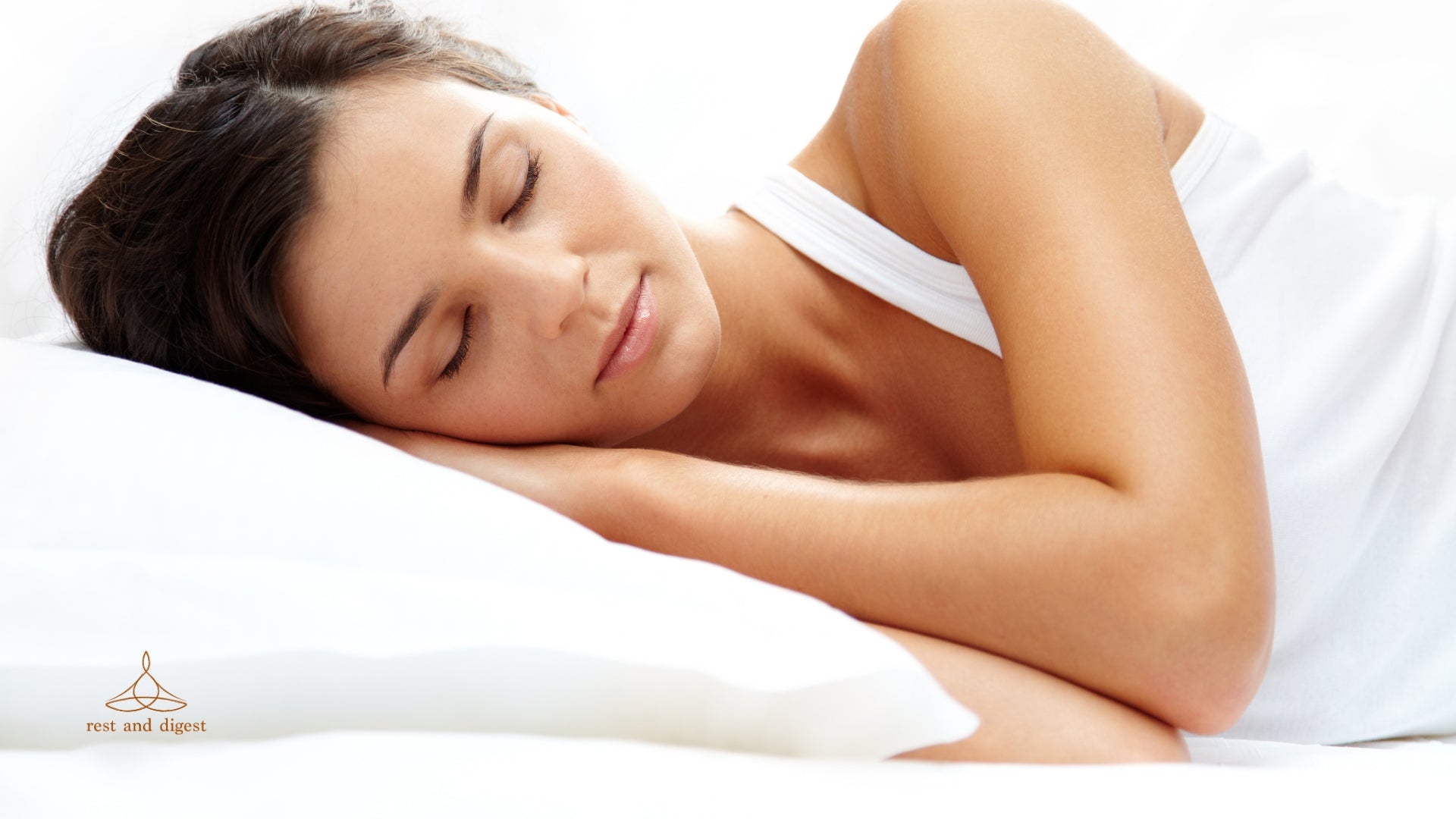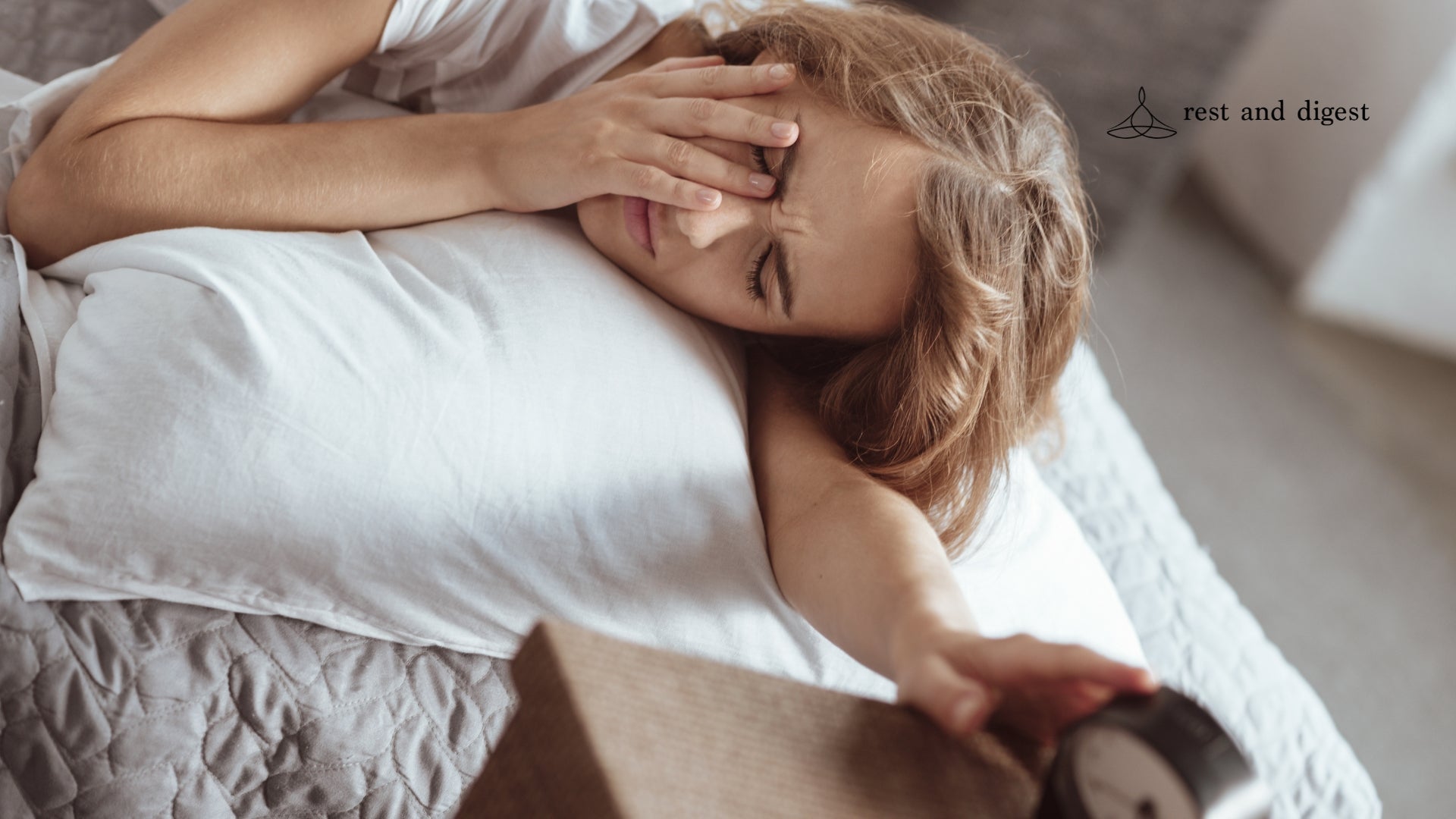
How To Wake Up Refreshed
Are you tired when you wake up, feeling unenergetic, and thinking of the next time you will lay your head on a pillow? The importance of waking up refreshed cannot be over-emphasized as it influences the rest of your day affecting how happy or sad you are, how productive or lazy you will be, and your overall well-being.
In this extensive guide, we are going to delve into the various aspects that can ensure you wake up relaxed every morning ready to start the day.
Understanding Sleep and Its Phases
The first step in learning how to wake up feeling good is to understand how sleep works. Sleep isn’t a passive process. It’s an active cycle made up of different stages each of which has its specific role in rejuvenating your body and mind. From initial periods of light slumber through deep sleep and REM (Rapid Eye Movement), a series of processes take place in your brain and body that are needed for both physical health and cognitive functions. Deep slumber features slow brain waves and is necessary for bodily repair plus growth while dreaming together with memory consolidation come during REM sleep.
Yet, several factors like anxiety, poor sleep hygiene, or lifestyle choices might inhibit an individual from achieving these restorative sleep phases and preventing them from sleeping better at night.
Establishing a Consistent Sleep Routine
Consistency is the cornerstone of good sleep. To enjoy sound sleep, you must maintain regular sleep patterns like waking up and going to bed at the same time every day, thus synchronizing the body’s internal clock known as circadian rhythm. Establishing a routine helps your body identify when it’s time to relax and thereby facilitates an easy transition into slumber. Simple things like changing the lighting in the room, undertaking relaxation techniques such as deep breathing or gentle stretching, and avoiding stimulating activities like screen use prior to bed can make your experience of sleeping peaceful and restorative.
Optimizing Your Bedroom for Better Sleep
Making your bedroom a peaceful haven for rest is also essential to waking up feeling rejuvenated. Start by buying yourself a cozy mattress and supportive pillows and the right pillowcase, doona and sheets to match your sleeping preferences and needs. Also, noise levels and temperature play significant roles in determining how well people fall asleep; hence, keep your bedroom cool, dimly lit, and quiet enough for a complete recharge during night hours. Alternatively, blackout curtains or eye masks can be used to prevent light from coming in. You can try using white noise machines or earplugs that may assist you in drowning out any interfering outside sounds. Also, ensure that the room is tidy and organized.
Check out our range of hampers and gift boxes curated to help you feel better and wake up refreshed:
Rest and digest beauty sleep bundle
Ultimate self care boxes
Managing Stress and Anxiety Before Bedtime
It is widely known that stress and anxiety have an effect on sleep quality, so perfecting how to wake up refreshed involves understanding how to relax prior to going to sleep so as to find some relief for your body and mind. This could mean practicing meditation, trying visualization exercises, or progressive muscle relaxation exercises or using gua sha tools to help your skin relax in order to reduce one’s tension levels. There are also other strategies you can employ like limiting work at night/electronic devices before bedtime and instead having a gentle routine like reading or taking a hot shower and keeping a gratitude journal.
Eating Well and Maintaining Regular Exercise
Your daytime habits, especially those involving your diet and exercise routine can greatly affect the quality of your sleep. Consider eating healthy foods rich in sleep-enhancing substances such as tryptophan, magnesium, and complex carbohydrates which might improve both the onset and length of sleep. Nevertheless, timing counts! Avoid eating big meals or doing strenuous workouts shortly before sleeping since they may disrupt digestion and raise alertness levels making it harder to fall asleep.
Cutting Back on Screen Time Before Bed
In the present digital world, a major hindrance to sound sleep is the excessive use of electronic gadgets while going to sleep. The blue light emitted by screens may interrupt the regulation of an important sleep-wake cycle hormone called melatonin and thus interfere with the body’s circadian rhythm, resulting in delayed onset of sleep. To counteract this, you should have a “sleep curfew” at least one hour before bedtime; instead engage in activities such as reading, listening to soothing music, or practicing relaxation exercises. Try using an analog alarm clock instead of an iPhone to wake you up naturally in the morning.
Using Relaxation Techniques That Improve Sleep
The significance of relaxation techniques cannot be overstated when mastering how to wake up refreshed. For instance, deep breathing, meditation, and progressive muscle relaxation are all useful in calming the mind and body in preparation for sleep. You can also read up on some the best self care gift ideas from Rest and Digest On top of this, adding essential oils with aromatherapy like lavender or chamomile can further enhance restful sleep. Experiment with various methods to determine what is most effective for you, and try to have a good bedtime routine that includes relaxation daily to improve the quality of your sleep and overall health.
Creating a Routine After Sleep
Like a pre-sleep routine tells the body that it’s bedtime, a post-sleep routine can set the tone for your entire day. So, when you wake up, take some minutes to stretch out your body, practice some mindfulness, or say thanks for the restorative sleep you’ve experienced. You can also go out for a jog or practice some yoga, which can be very beneficial in helping you relax at night and sleep and feel better. To help you stay awake and further control your circadian cycle, light exposure, like the natural sunlight is vital.
Using Sleep Supplements Safely
Sleep supplements like valerian root, and melatonin, can temporarily relieve occasional problems tied to struggling with insomnia. However, you should approach with caution and use sparingly as they come with risks including dependency and rebound insomnia effects. Therefore, make sure to seek advice from a healthcare provider before adding any sleep aid or supplement to your daily regimen.
Troubleshooting Common Sleep Issues
Sometimes, despite trying various self care activities, certain sleep disruptions won’t go away. If you experience persistent sleep-related issues that have a major negative influence on your everyday functioning and well-being, you must get expert assistance on how to wake up refreshed. A medical professional or sleep specialist can assist in determining the underlying reasons and suggest suitable remedies.
Final Thoughts
It’s not a luxury to wake up feeling rejuvenated; it’s a basic requirement for optimum health and energy. Luckily, by applying the tips discussed in this post on how to wake up rejuvenated, you may create a more restful, deeper sleep experience and wake up feeling invigorated and prepared to take on the day. Bear in mind that getting a good sleep is not an overnight affair; it takes patience, determination, and self-compassion too. With commitment and self-consciousness about your sleeping patterns and surroundings, you can change the way you wake up and begin each day feeling renewed, invigorated, and prepared to succeed.





